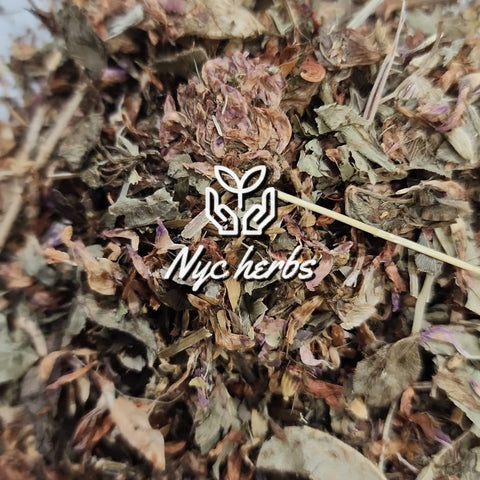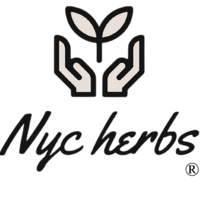- Home loose herbs
- Red Clover
Red Clover

The Remedy:
Red Clover, Trifolium pratense, is a traditional flowering herb commonly known as Red Clover or Trébol Rojo. It has a long history of use in European and Western herbal traditions and is carefully prepared and offered as a botanical product for those who value traditional herbs as part of a mindful wellness lifestyle.
This herb is commonly included in herbal teas, infusions, tinctures, and blended botanical formulas.
Available Forms
Cut and sifted flower, Powder
Pairs Well With
Nettle leaf, Burdock root, Dandelion root, Cleavers herb, Raspberry leaf
Important Notice
This product is offered as a traditional botanical for general wellness purposes only. It is not intended to diagnose treat cure or prevent any disease. Consult a qualified healthcare professional before use especially if pregnant nursing or taking medications.
